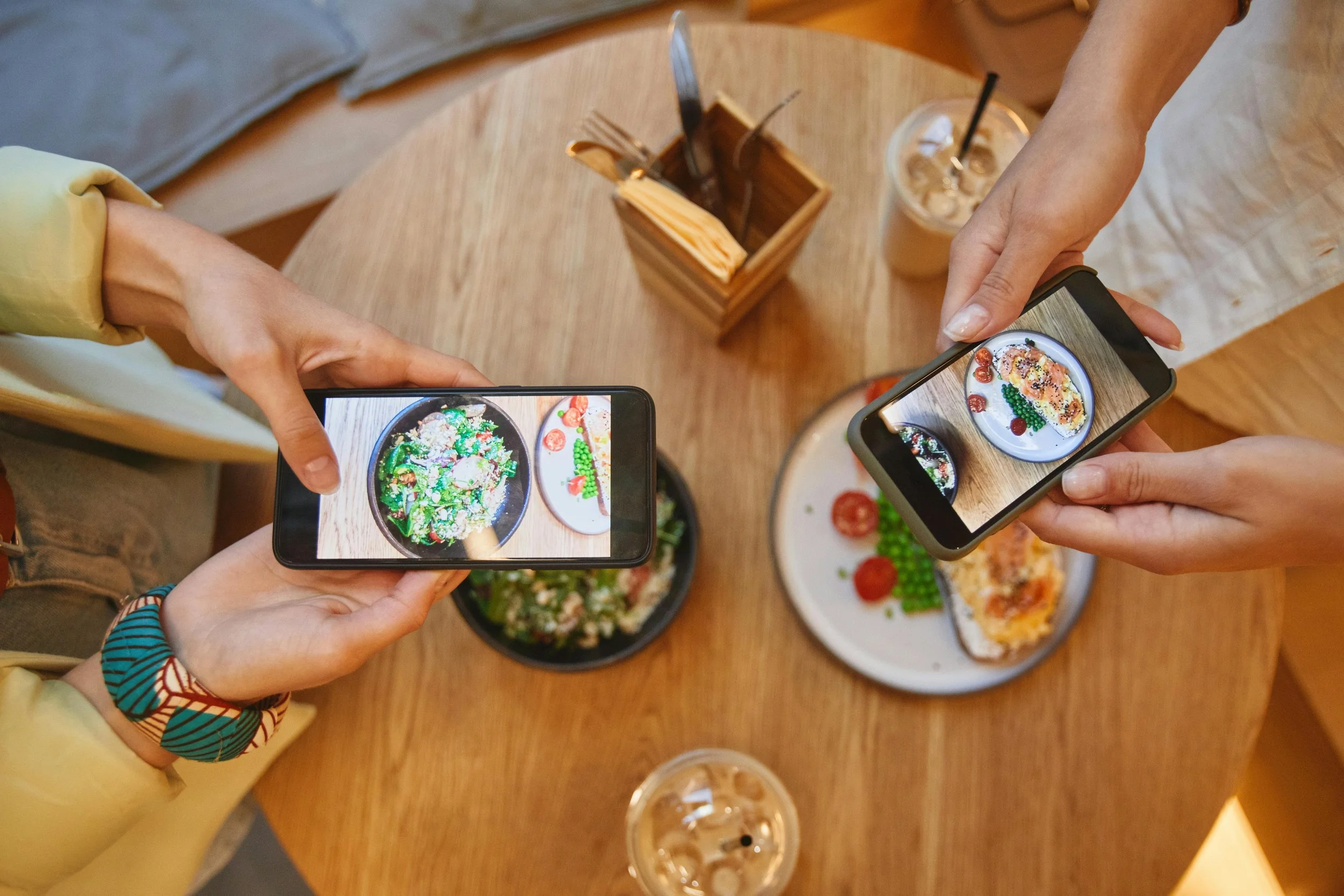Calories, Who’s Counting?
In our previous newsletter, we looked at the role that AI plays in advising physical activity [Click here to see previous article]. In this week’s blog we will take a look at how AI is transforming the concept of healthy eating.
“Eating your veggies” and “Avoiding the sweets” will become old fashioned advice that will seem childish in its’ approach to helping people eat healthy, lose weight and live longer healthier lives. This type of advice represents a non-sensical approach to getting healthy and sound like a condescending piece of advice. In the past people were advised to measure and weigh their food, compute calories or count points.
One of the challenges of having to be proactive at each meal is that eating becomes a chore. Being told to chew 30 times prior to taking the next bite sounds like torture, it is. The human being and the brain are designed to avoid uncomfortable or unpleasant chores. Changes in eating habits have to be tailored to the individual and ideally utilize the proper motivation and admonishment that will ring true with that person.
Artificial Intelligence is infiltrating our lives at multiple levels. I am not an expert on deep learning models or large language models, so I will avoid pretending that I have unique knowledge on this subject. When it comes to combining AI and nutrition, today’s technology can provide near instant feedback. Considering the tools available today and in the future, it is an exciting time. For all those that snap pictures of their food to post on their Instagram accounts, this will finally bring real value to you and your health. Companies such as Portion Master and SnapCalorie allow you to take a picture of your meal and the AI algorithm can determine portion size, track macronutrients and provide an estimate of calories being consumed.
Receiving a customized nutrition plan can be a game-changer since people will be able to consume foods that are aligned with their social, religious and cultural requirements. Let’s remember that these apps will Never replace a dedicated and highly trained dietician. Utilizing AI will allow the dietician to forego calculating calories and macronutrients, giving them time to learn about you, your goals and the motivation that helps you achieve real results.
As you may have noticed, this newsletter gives a loud shout out to our Dieticians. These are experts that bring years of training and experience. Very few doctors or healthcare specialists get adequate training in nutrition and this is why I always collaborate with the dietician.
Stay Healthy Stay Strong,
Dr. Leon Katz
Sources:
Toward the Definition of Personalized Nutrition: A Proposal by The American Nutrition Association. Corinne L. Bush et al. Journal Of The American College of Nutrition 2020, Vol. 39, No. 1, 5–15 https://www.tandfonline.com/doi/pdf/10.1080/07315724.2019.1685332
The Use of Artificial Intelligence–Based Conversational Agents (Chatbots) for Weight Loss: Scoping Review and Practical Recommendations. Han Shi Jocelyn Chew BSN, PHD et al. JMIR Med Inform 2022 | vol. 10 | iss. 4 https://medinform.jmir.org/2022/4/e32578/PDF
This article is meant for educational purposes. Please speak to your healthcare professional for further advice.

